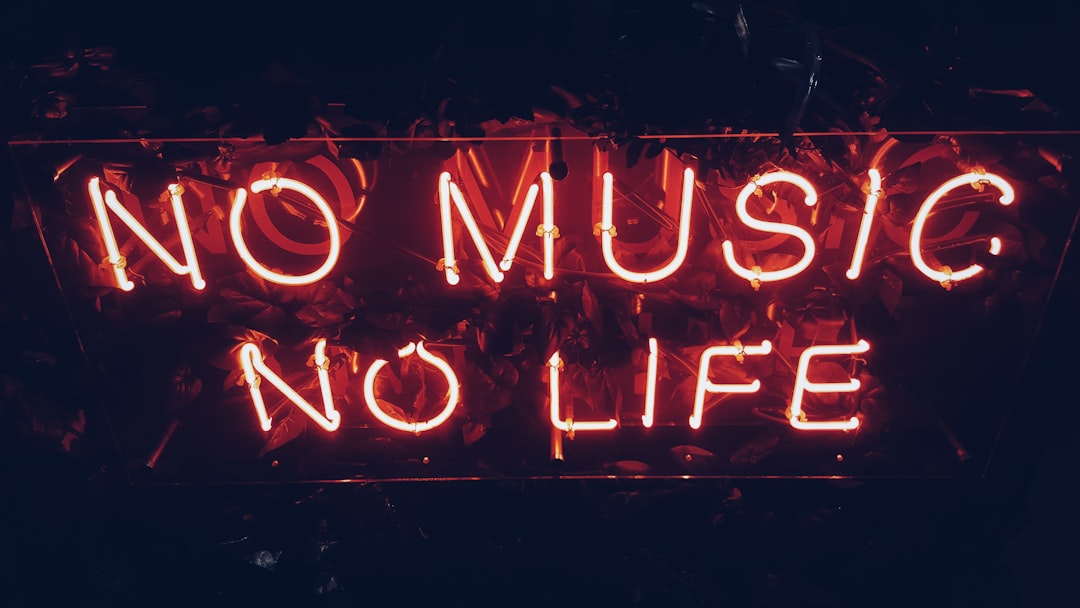*** First, a disclaimer. I apologize for not posting for the past few weeks. Admittedly, being on tour with the book has been all-consuming. I will be announcing some changes to the Substack in the coming weeks based on what I’ve learned on the road, so stay tuned***
OK, back to regular scheduled Making Places Better.
Last week I was lucky to be welcomed to Berklee College of Music to teach for a day. I guest lectured in two classes, held office hours for 6 students and delivered a lunchtime lecture. In Leeds at my book launch, one of the attendees told me her BA thesis was on Sound Diplomacy, while another PhD student came up to me to tell me his thesis was on music cities. These examples are increasing so it’s got me thinking - how should we, or can we, teach the concept of music cities or local music policy?
Berklee does not have a dedicated class for it: Few exist and they are in the United States, led by Storm Gloor and Elizabeth Cawein. Christina Ballico and Alan Watson’s timely series Music Cities offers guidance; as does Andrea Baker’s The Great Music City. In July I led an MA course for the Global Leaders Institute. But that’s it. So - an open question to friends and readers. If we were to create a BA or MA in local music policy, what would it contain? Here are my thoughts on what would need to be taught.

Part 1 - Understanding the Music Industry
Anyone working in music and local policy must have a clear understanding of how the music industry works. Modules would include introductions to copyright and publishing (as I wish I had taken them when I was younger), understanding the streaming economy, how live music operates and decoding and understanding jobs across the music ecosystem (what they are, what they mean, how they work) and artist and talent development. The foundation of music and local policy education is built on understanding how music works. The more one knows the more they can explain it to others.
Part 2 - Introducing Land Use Planning, Zoning (where it exists), and How Cities and Places Function
While this differs depending on the country, if I were to design this degree, a core part of it would be to build skills across planning and land-use policy. Teaching the history of land-use policy (and its inequities), what it is designed to do, how it works (in the local context), and how it applies to music, culture and entertainment would be the goal here. This could be separated into several modules - planning, licensing, cultural policy, understanding capital budgets and so on. There are many use cases here we can learn from and such an objective would be a paramount objective for the degree.
Part 3 - Understanding Place and Music Economics - And Putting Them Together
Once an understanding of how the music industry works and how cities work - at a base level, the next integral skill to become a music and local policy leader would be to understand two sets of economies - cities and places and music/culture - and to develop analytical skills to put them together. We need to understand how decisions are made and the economic data required to make them. Learning national statistical models and their limitations (NAICS codes, for example), and the basics of music economics (for example a P&L from a venue or a festival or how a royalty statement works) would also be on the docket. I would envisage this suite of coursework taught by an economic development professional, a music expert and an economist.
Part 4 - How Cities Invest - Tax, Incentives, Policies, Governance & Strategy
These modules would follow on from the economics section - understanding tax law (in a general sense), how incentives work, how governments raise money, how buildings are built and invested in and understanding overarching city-based investment decisions are integral to understanding how music can be incorporated into wider city policy. Doing a deep dive into another sector - such as sports, or tourism - would help build further knowledge. The goal is to understand - and then be able to apply - music as a solution to another challenge. How music can solve other people’s problems is the question I’d aim to answer.
Part 5 - Thesis and Paid Internship
Hands-on experience is the best way to learn, so imagine this: Students would be matched with a city or a government department for their thesis, which would double as a paid internship. In each, they would be assigned a particular issue to work on - and be set a deadline to define - and prove - an effective solution to that problem. Their work would be incorporated into the flow of the place and be taken seriously and they would have local mentors and guides to support them. My hope is this would create the jobs of the future from the inside out and demonstrate that such a course leads to jobs - ideally new jobs that cannot be replaced by AI.
I have been working on this blog whilst on the road and I keep having people come up to me at book talks saying they are taking music cities or music policy-related coursework. Imagine if this was centralized into its own course. Who wants to create this with me?




In addition to the proposed curriculum, it's essential to include a dedicated section on understanding the lived experiences of musicians. While technology significantly impacts their livelihood, affecting their economic landscape, a comprehensive course should delve into the day-to-day realities from aspiring to established artists. Recognizing the challenges and opportunities at various career stages helps shape policies that emphasize not just the business of music, but the very life of the musician. This approach, rooted in empathy, ensures that aspiring policymakers connect not only with data but also with the human stories behind the statistics. Fostering empathy is key to crafting policies that genuinely support the well-being and sustainability of musicians, aligning with my core belief that the musician is more important than the music itself. Needless to say, count me in to help craft this initiative!
I run a Music Cities module at University of Westminster in London. It is part of the MA Live Music Management.
Next semester will be the third year of the course and it has produced some amazing analysis of what specific cites could do to become music cities.